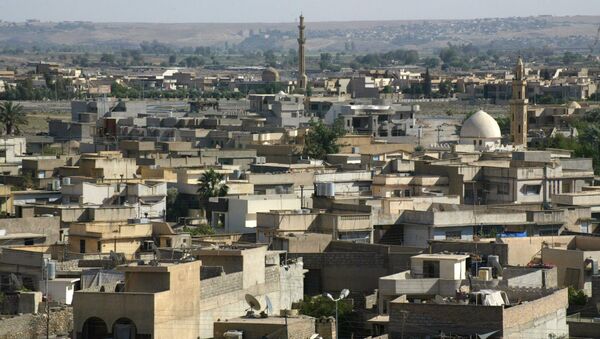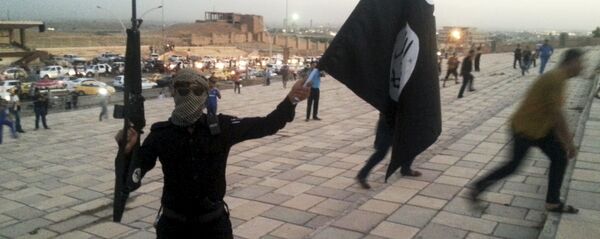"This is clearly seen through the increased diplomatic activity of representatives of various forces in Iraq," the expert said.
According to Abbas, the eastern and northern parts of Mosul are currently under the control of Kurdish Peshmerga forces. Government forces control a small segment of the territory in the south.
"The population of Mosul and the Kurdish regional leadership insist on their participation in the upcoming operation. Of course, the central Iraqi government realizes that it is inevitable," Abbas said.
The important thing, however, Abbas argued, is that the Peshmerga forces are expected to play only a supportive role in the Mosul operation: this means they won't directly participate in the armed clashes in the city.
"Thus the inhabitants of the city are expected to play the main part in its liberation, while the Peshmerga forces will provide support when necessary. The central Iraqi government insists on it, too," Abbas said.
Commenting on why the operation in Mosul has been delayed for such a long time, the expert said that the main reason behind it was disagreement between the parties over who will eventually get control of the city.
"This has significantly delayed the start of operation," he said. "There are suggestions that after the operation Mosul will be divided into three parts, or become a part Iraqi Kurdistan under the federative system," Abbas added.
At least 3,000 Daesh fighters are said to remain in the city, although, according to Syrian officials, many Daesh commanders have been recently killed in coalition airstrikes, while others have fled to Syria.




